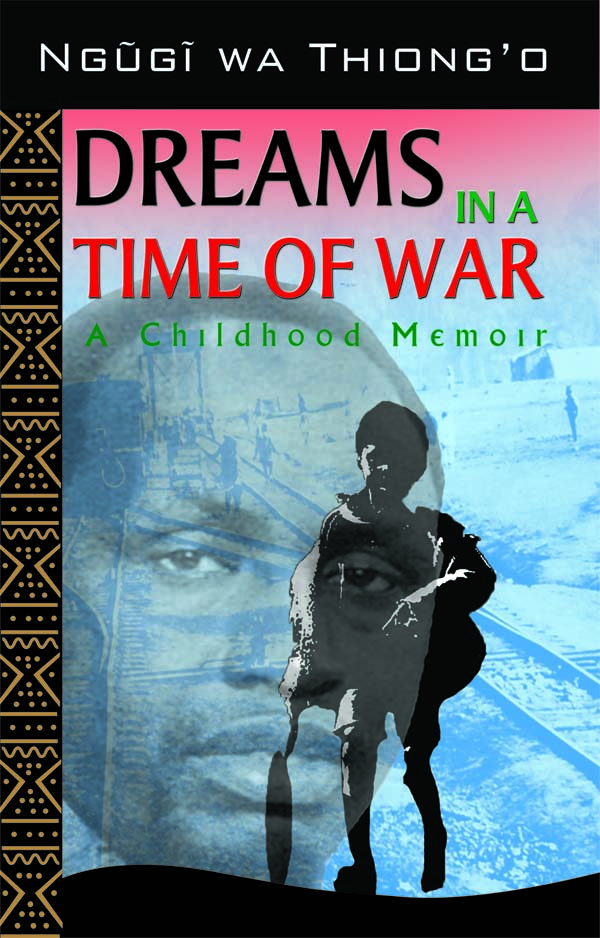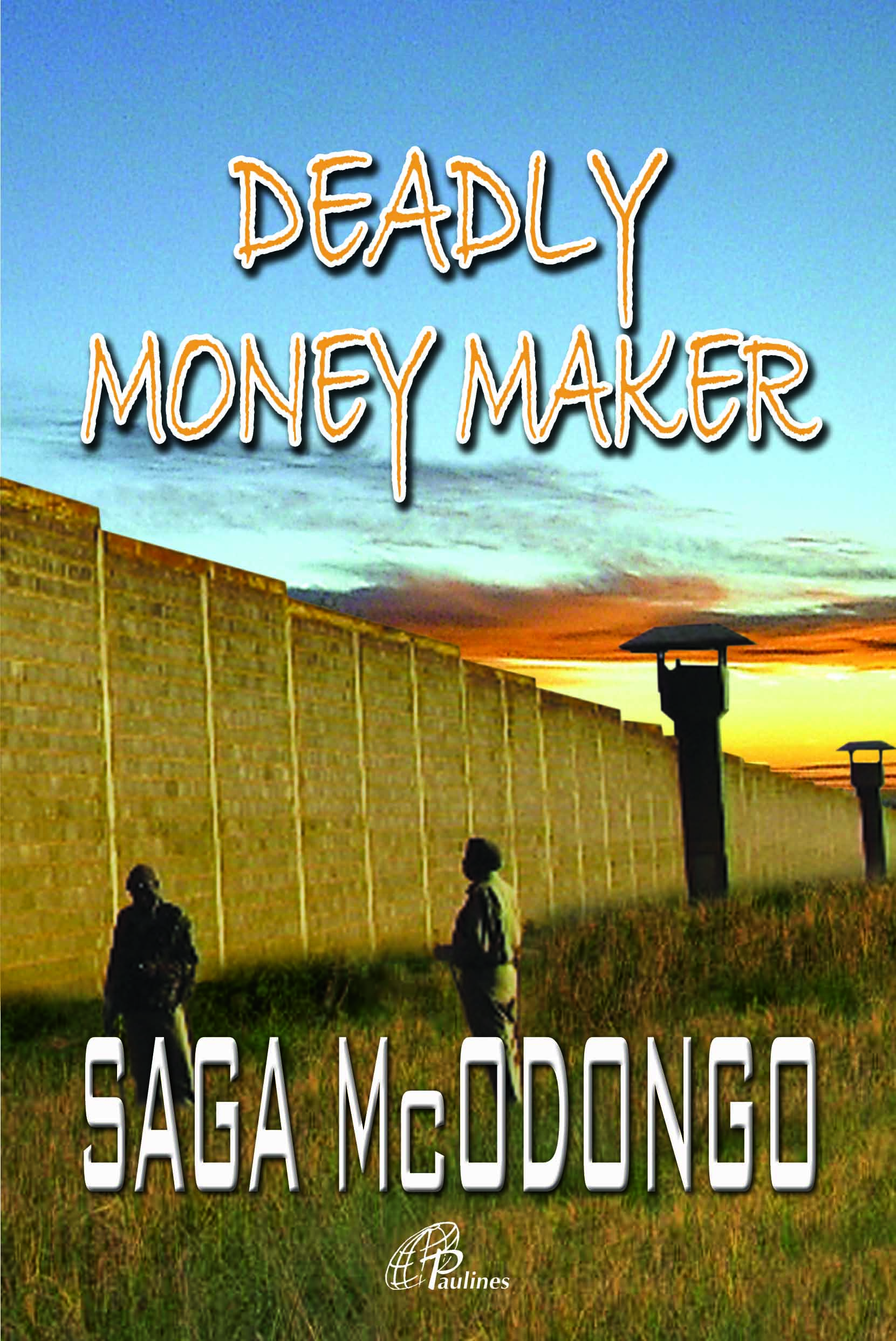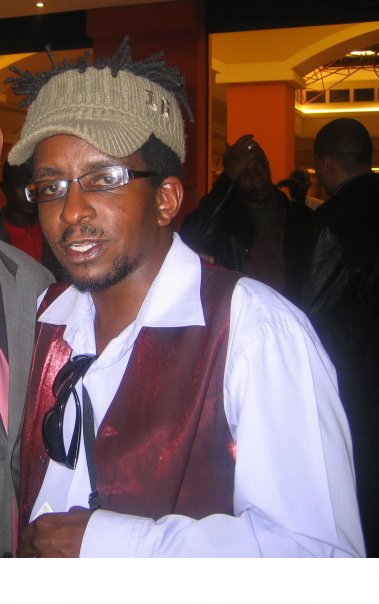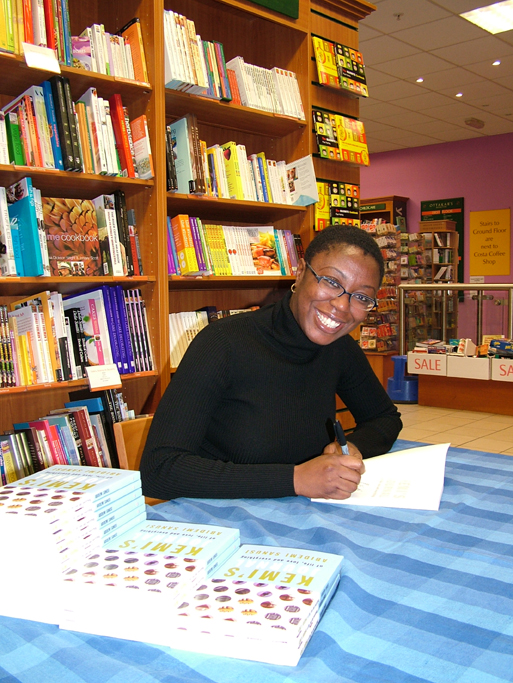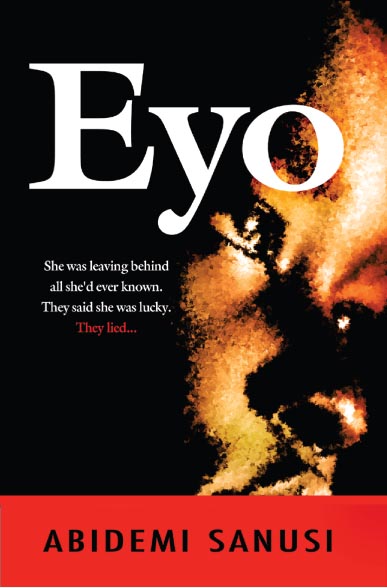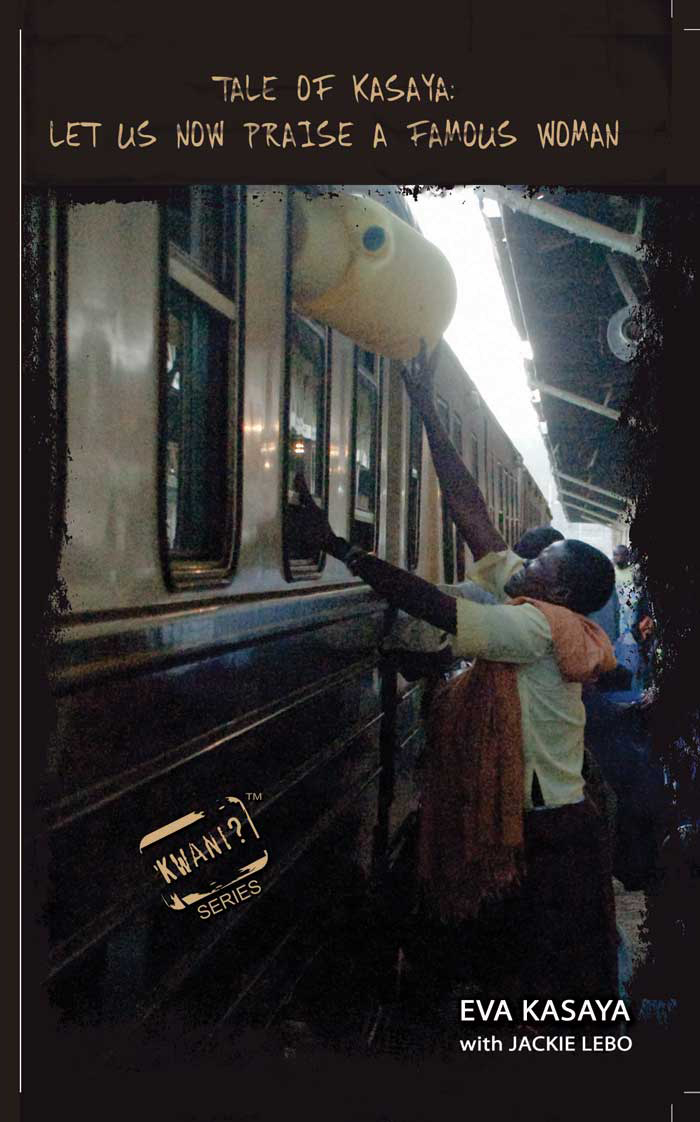The Annual Nairobi International Book Fair, now in its 13th edition is set to take place from September 22 to 26, at the Sarit Centre in Nairobi. Maishayetu spoke to Mr Lawrence Njagi, the chairman of the Book Fair on what is in store for book lovers. Mr Njagi is also the managing director of Mountain Top Publishers.
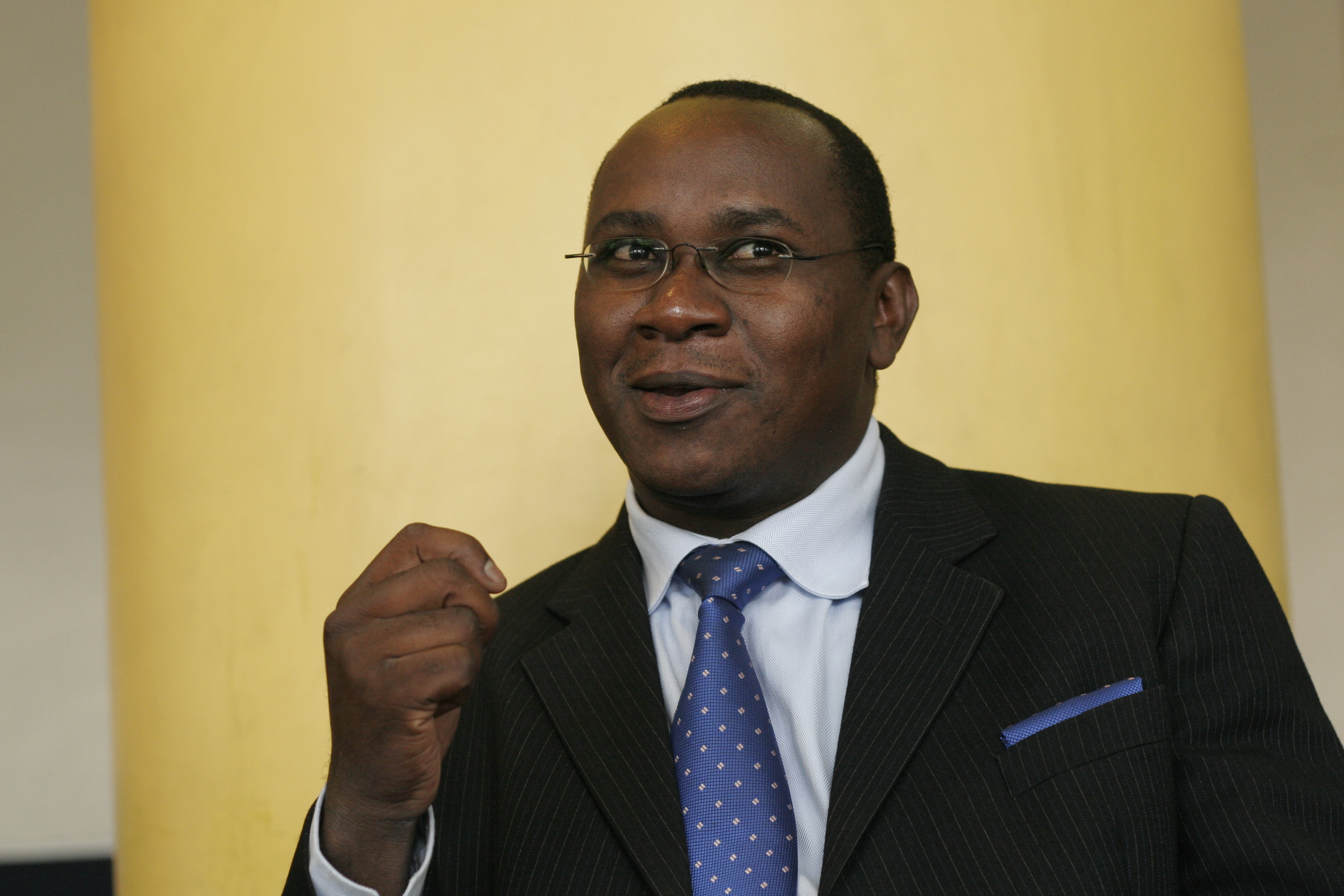
Maishayetu: What does the 13th Nairobi International Book Fair (NIBF) have in store for potential visitors this year?
Lawrence Njagi: As the premier book show in the East African region visitors should come to the book fair expecting to see the best that the region has to offer in terms of books. This means that visitors should be able to interact with these books under one roof, and in a relaxed atmosphere, without being hassled by salespeople.
This is also about the only opportunity that book lovers are able to meet and interact with their favourite authors. What is more, these books are offered at highly discounted rates. This means that bookshops and libraries should take advantage of this offer to stock up. We will also be conducting seminars and workshops on relevant topics like intellectual property rights and digital publishing. Aspiring writers will also benefit from a seminar on how to successfully get published.
All in all, all visitors to the NIBF, from children, the youth and grownups should come to the Fair in the knowledge that their needs will be adequately catered for.
Q: You have been chairman of the NIBF for the last three years now, what have been your achievements so far?
A: When I took over as chairman of NIBF, the average number of visitors to the Fair was 6,000, by last year that number had risen to 17,000. We expect more visitors this year. Two years in a row, all the stands have been fully booked, and the demand for stands is growing. This means increased revenue for NIBF.
This year, we are having the largest number of international exhibitors at the Fair; five from India, two from Nigeria, one each from Senegal, China and Ethiopia. Of course we have the usual exhibitors from Uganda and Tanzania. This is not forgetting other international visitors who are not necessarily exhibitors. This is thanks to the aggressive marketing campaign, we have put in place.
In addition we now publish a free-to-distribute magazine which gives readers relevant information on the book industry.
Q: Kenyan publishers have been accused of being too textbook-oriented and therefore neglecting creative writing.
A: Before you heap all the blame on publishers, it is good to take a look at the bigger picture. A closer look at the system of education in Kenya reveals that it is too exam oriented; therefore putting to much pressure the student to pass exams at all costs. That rigid culture leaves little room for leisure reading, hence the reason many Kenyans don’t see the need to read after they are through with official schooling.
Q: Aren’t publishers contributing to the problem then?
A: First of all you have to understand that publishers are first and foremost business people looking to make maximum returns, and there is no denying the fact that textbooks provide a good source of profits to publishers. But we also have a moral duty to serve the emotional, intellectual and spiritual needs of readers, and that is where non-textbooks like motivational and fiction fall. All we are saying is that the government needs to put in place policies that encourage leisure reading, a good starting point would be an overhaul of the current system of education.
Q: Still, that does not take away the fact that publishers do not market non-textbook materials well…
A: Let me say that when a book is not well marketed, both the publisher and author suffers as both have invested heavily in the publication. This is therefore a call to publishers to cast their net wider as far as marketing their books are concerned. Let publishers make use of all forms of media, print, electronic, the Internet even, to make noise about the availability of their books. In addition to bookshops, we at Mountain Top sell our books in all major supermarkets around the country. Authors too should come up with ideas on how well to market their books.
Q: You mentioned a seminar on digital publishing, are Kenyan publishers ready to embrace this new technology?
A: Publishers need to be dynamic and be able to embrace new technology as it comes along. However, the reality is such that majority of Kenyans still do not have access to electricity, and thus computers are out of reach for many. Stil, there is a generation of Kenyans that is quite well versed in digital technology and these ones have to be taken care of as well.




